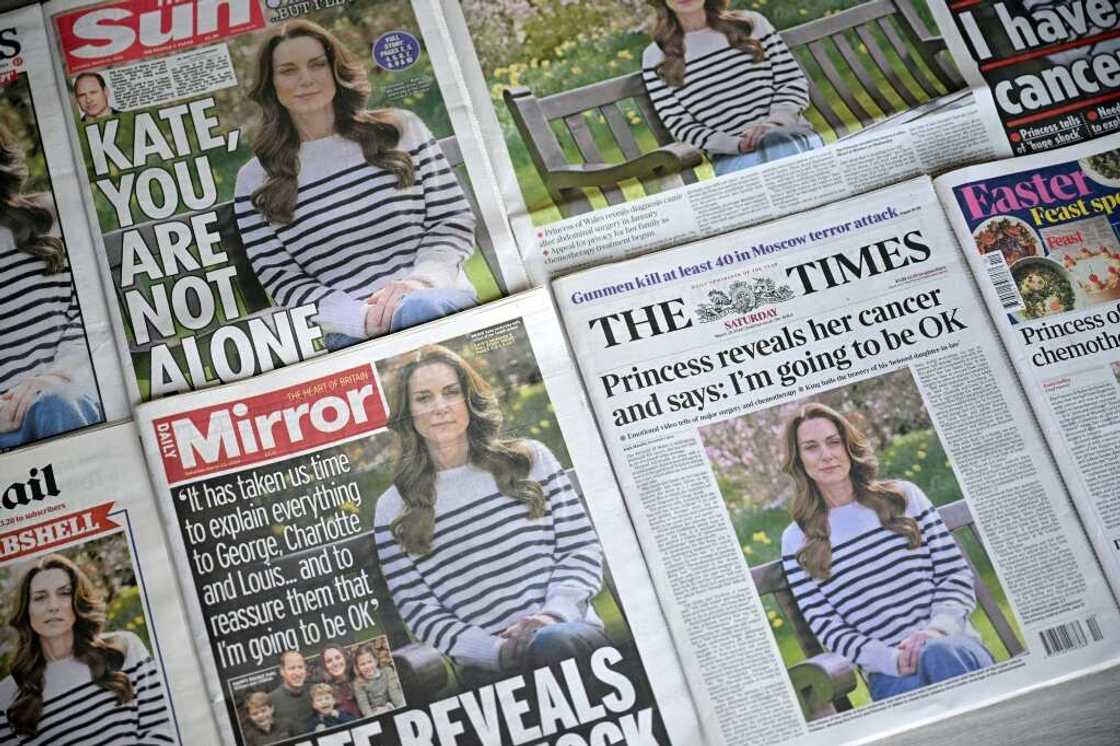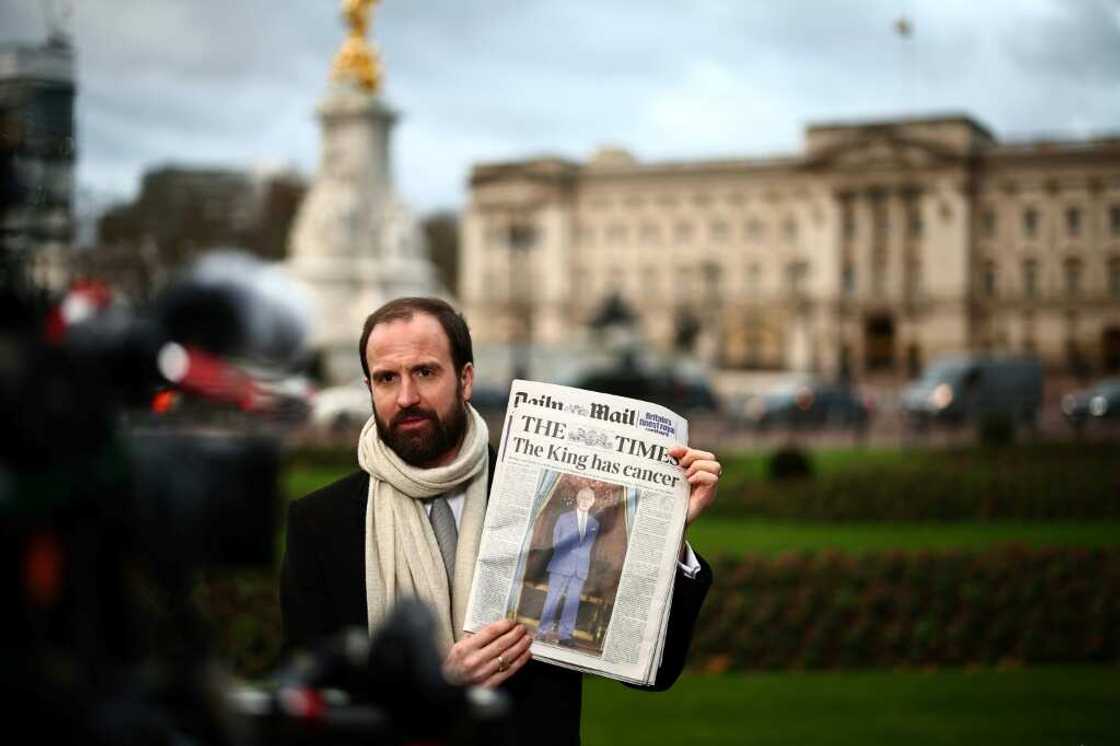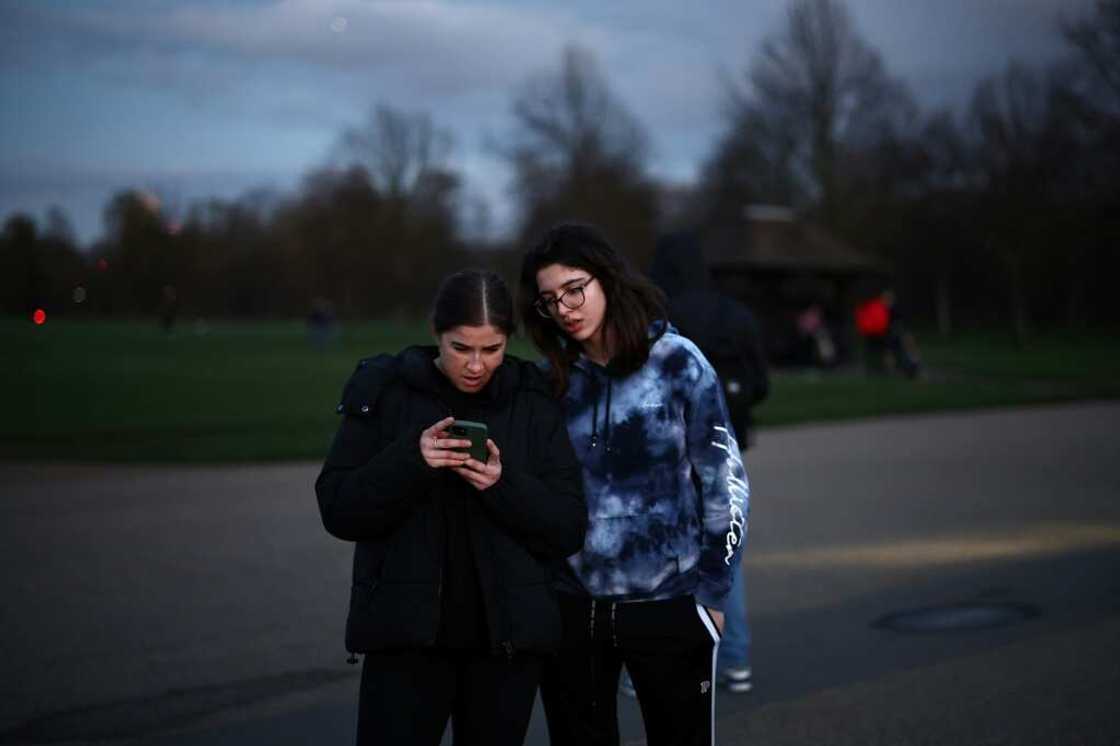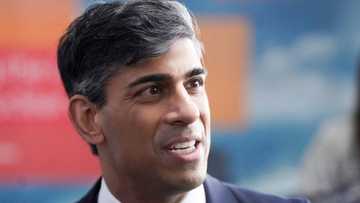Social media forces British royal family to adapt

Source: AFP
Britain's royal family has been forced to radically change the way it communicates because of social media, after speculation ran riot about the health of Catherine, Princess of Wales.
The 42-year-old princess, widely known as Kate, last week announced that she was receiving cancer treatment, two months after having abdominal surgery.
Her video statement, posted on Instagram, was a radical departure from the royal family's reputed mantra of "never complain, never explain".
But it has been seen as much-needed given the frenzied speculation and wild conspiracy theories circulating online.
Nick Couldry, professor of media, communications and social theory at the London School of Economics, said the manner in which something so personal was announced was "unprecedented" for the royals.
"There's no doubt that the endless speculation and gossip on social media made it particularly important to make an announcement to end that speculation," he told AFP.
Instead of not commenting, "the royal family now has to deal directly with what the people are saying about them via social media", he added.
Transparency
The royal family has traditionally kept its cards very close to its chest about the health of the sovereign and other senior members.
King George VI died in 1952 but it was only publicly revealed after the king's death that he had lung cancer.
That strategy persisted until recently, with royal officials cryptically attributing Queen Elizabeth II's increasing retreat from public life to "episodic mobility problems".

Source: AFP
She died in September 2022, aged 96, officially of "old age" although one well-connected royal commentator has said she had bone marrow cancer.
Elizabeth's eldest son and successor King Charles III, however, has taken a different approach, announcing in January that he was to have surgery on a benign enlarged prostate.
In February, the palace revealed that tests had led to the discovery of cancer, although they did not specify which type or the prognosis.
The announcement about Kate's admission to hospital for abdominal surgery was also via a traditional press statement, although it revealed little beyond how long she would stay in hospital and recuperate.
In both cases, royal officials have had to balance the king and princess's right to privacy in medical matters and their public roles in how much they reveal.
But with Kate one of the world's most photographed women and rarely out of the media spotlight, social media commentators have tried to fill in the gaps.
Her husband Prince William's last-minute withdrawal for "personal reasons" in February from a memorial service for his late godfather King Constantine II of Greece set tongues wagging further.
The release of a Mothering Sunday image of Kate and the couple's three young children earlier this month then backfired, after it was found to have been digitally altered.
Authenticity
Michelle Lawless, executive director of services at PR firm Media Minefield, said Kate's video statement was overdue given the persistent online chatter.

Source: AFP
"The situation has just underscored that the palace PR team is really working with an outdated playbook," she said.
"For decades and maybe centuries, the palace communication obeyed the old mantra 'never complain, never explain'.
"That worked in an age when people got their information from media and trained journalists, not online warriors.
"That playbook doesn't work in the age of social media."
In the modern age, transparency and authenticity is now expected "from almost everyone", she added.
"I understand the desire for privacy, especially given a health scare, yet not saying anything and thinking it'll eventually go away, in fact the opposite is true."
Couldry said television had started the trend towards celebrities, politicians and others in the public eye revealing more of their personal life.
"You have to become authentic to retain legitimacy, by being more authentic, by giving more of yourself so that people can trust you," he added.
"We live in a different society," said Lawless. "We want celebrities to be relatable."
PAY ATTENTION: Unlock the best of Legit.ng on Pinterest! Subscribe now and get your daily inspiration!
Source: AFP





